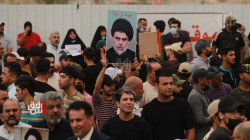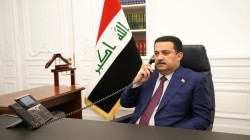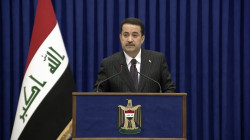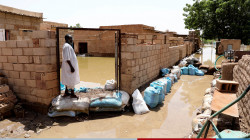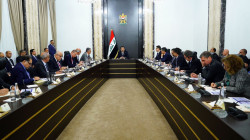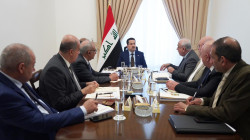Al-Sudani convenes first anti-corruption conference, resulting in seven key recommendations
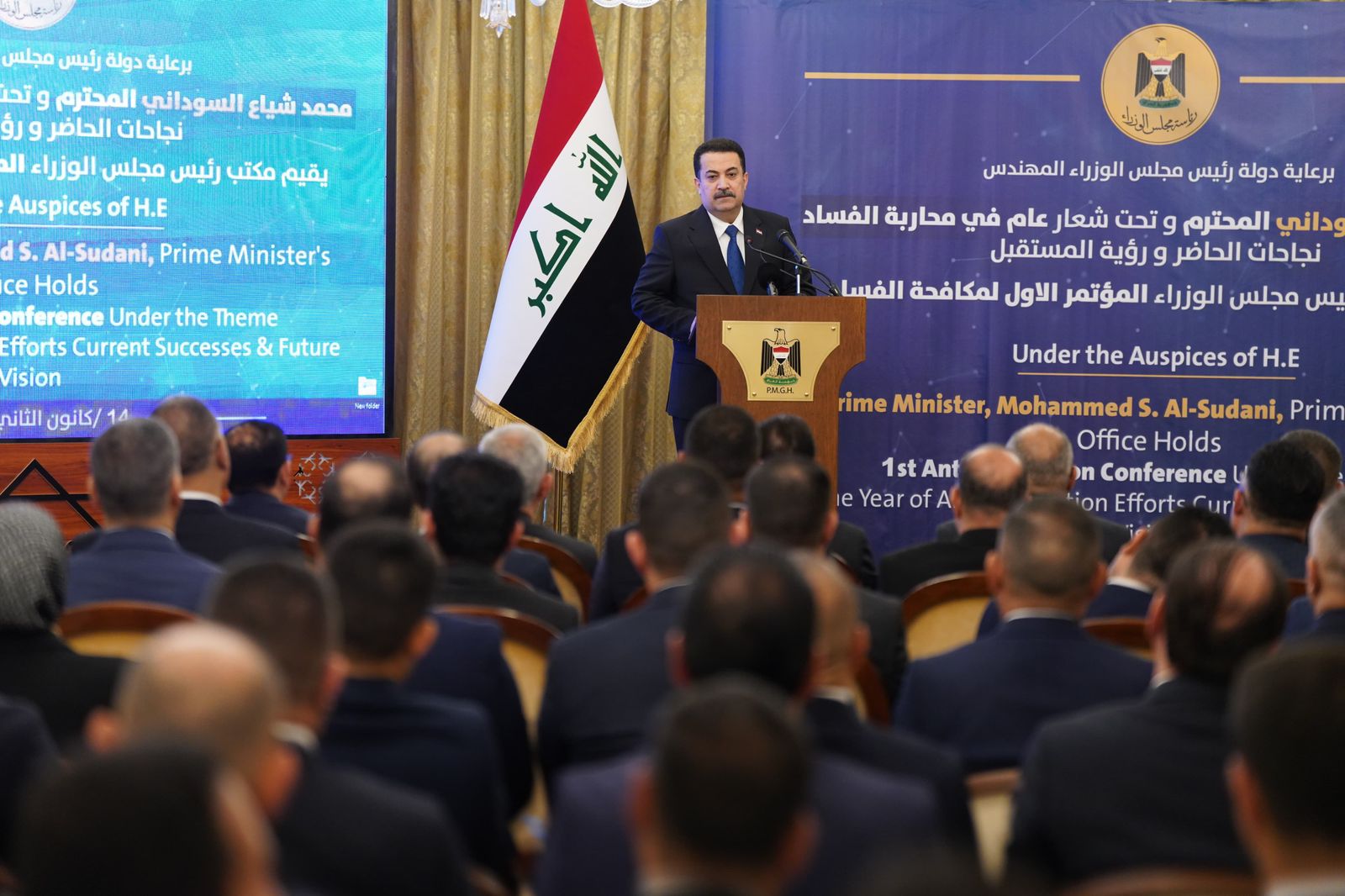
Shafaq News / The Iraqi Cabinet held its inaugural conference on Sunday to review efforts made over the past year in the fight against corruption. While anticorruption activists hailed their efforts as heroic, the conference concluded with seven recommendations.
The Prime Minister's media office stated that the conference, attended by Prime Minister Mohammed Shia Al-Sudani, reviewed the efforts exerted in combating corruption throughout the year. The event was attended by several ministers, deputies, advisors, and officials from departments and authorities involved in the fight against corruption.
In his speech, Al-Sudani praised the efforts of all those combating the scourge of corruption, describing their stance as heroic. He emphasized the legitimacy, ethics, and legality underlying their efforts to safeguard public funds and confront financial and administrative corruption.
The Prime Minister highlighted that corruption has become a defining factor for all development plans. He stressed that the greatest loss lies in corruption eroding public trust in state institutions and the political system. Citizens now perceive the state through anticorruption efforts and the achievements of service agencies on the ground.
Al-Sudani stressed the government's commitment to tackling corruption, having prioritized the issue. The government has taken action in various areas, including addressing countries housing corruption-related funds, establishing the Supreme Anti-Corruption Commission, forming a specialized team for intelligence and complaint auditing, and diagnosing various aspects of corruption referred to the judiciary per the law.
He mentioned the formation of investigative committees with officials at all levels upon the request of entities involved in the fight against corruption. This has been a hindrance to expediting cases before the courts.
The conference concluded with a set of recommendations:
1. Expedite the resolution and completion of complaints and criminal cases within the legal deadlines, especially those related to public opinion, significant corruption amounts, and senior government officials. This aims to enforce legal penalties against the convicted and enhance confidence in accountability and prosecution measures to ensure public deterrence.
2. Conduct periodic evaluations of the performance of high-ranking officials to guarantee the effectiveness and efficiency of government institutions. This is aimed at preventing corruption and protecting public funds.
3. Enhance the human resources and technical capabilities of internal control agencies in government institutions. Implement periodic and transparent assessment mechanisms to identify areas that require development.
4. Strengthen the independence of oversight bodies and provide financial and technical support to increase the capacities and skills of their personnel. This includes leveraging modern technologies and methods in monitoring and combating corruption.
5. Develop and update legislation to keep pace with developments and emerging issues, addressing gaps to provide effective and comprehensive legal frameworks for combating and preventing corruption.
6. Seek the signing of memoranda of understanding and agreements for cooperation with countries and international organizations. Establish permanent mechanisms for coordination to exchange information in confronting common challenges in the fight against corruption, especially concerning the recovery of corruption proceeds, retrieval of suspects, and their prosecution.
7. Legislate a law to establish the Oversight Commission, based on the provisions of Article 108 of the constitution. This aims to enhance internal oversight in government institutions, regulate preventive and subsequent control measures, and raise levels of responsibility, integrity, and transparency, protecting public funds.
